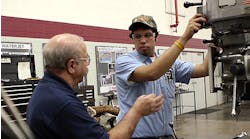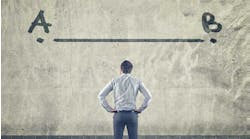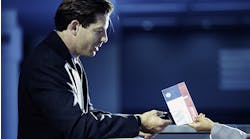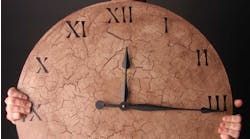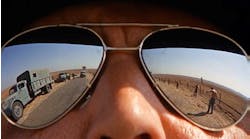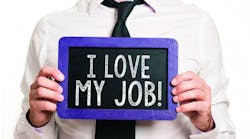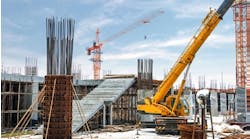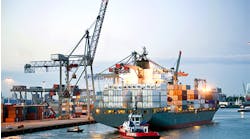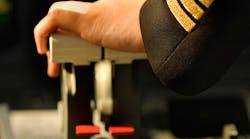It’s almost always a mistake to draw deep lessons from disastrous events, such as last month’s commercial jet crash in the French Alps. But avoiding the search for understanding won’t stop the doubts that run through the minds of every passenger on the thousands of flights taking off each day, or anyone with a passing thought of their own mortality.
The standard assertion that airline travel is statistically safer than any alternative does not keep those doubts away; the aerodynamic proof is simply beyond the understanding of most people. We know what we are told; we simply cannot dismiss the doubt.
And, the search for explanations after every air disaster seems to draw out our fears: it was weather-related, or a mechanical malfunction, or an act of terrorism – all of which probabilities have been reduced significantly thanks to better data, better control technologies, and better security standards.
The remaining, outlying cause of air disasters is a more elusive problem: pilot error. When it happens, we’re left with little or no clear understanding, and our fears rise again. Pilot error, or more accurately human weakness, has been ascribed in last month’s disaster, and the particular details of one pilot’s misdeeds fill in some of what’s missing in our anxiety. He exposed our lack of trust.
Trusting that the jet will land safely means trusting that it has been built and maintained with the best materials, technologies, and standards; overseen with the best security methods and systems; managed with the best information and practices.
But, above all we are asked to place our trust in the person behind the wheel. In this marvelous age, when we’re encouraged to believe every possible error has been calculated and engineered into insignificance, multi-billion-dollar enterprises seek to assure thousands individually that their trust has been well placed, and they assign this task to one individual. Beyond that, the engineering, the technology, and the data collection matter not at all.
Banks, insurance companies, restaurants and retailers want our trust, too, but the risks are not so dire. Those are more clearly commercial transactions. And more than that, we rationalize that the provider has more to lose by breaching trust than we have as the client. Every metalcaster knows the importance of establishing and maintaining a reputation for product quality and reliability. This is an operative principle of a commercial culture.
Commerce – the market forces that direct us – encourages us to compromise, to project assurance, to assume best intentions, to accept reasonable proposals. Minimize our differences, accentuate our mutual interests. Everything works out for the best, until the doubts return and we begin to lose trust in all that we have been encouraged to believe.
This is a problem for modern times, one that cannot be solved by engineering or technology or global market economics. It’s a reminder that each of is an individual soul seeking peace in dangerous world, where the danger lies in the weakness or failings of others, failings we know exist because we have doubts of our own.
